Muratec Air Jet
!--
-->
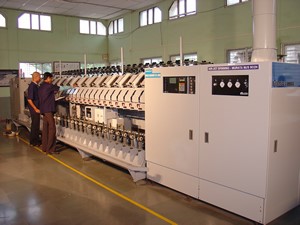
A Spinning maintenance laboratory is equipped with latest machineries for practicals & research work for students as well as faculty. The facilities under spinning maintenance laboratory are as follows.

Following are the major facilities available
Dornier Rigid Rapier Loom
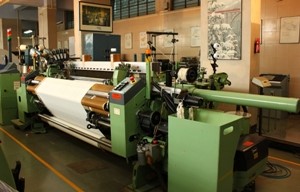
Facilities available for testing & research purposes are
High Volume Inst.

Air-Jet Texturising
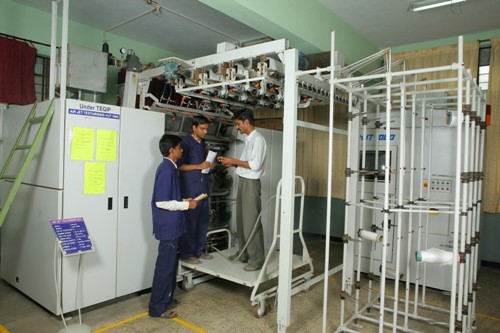
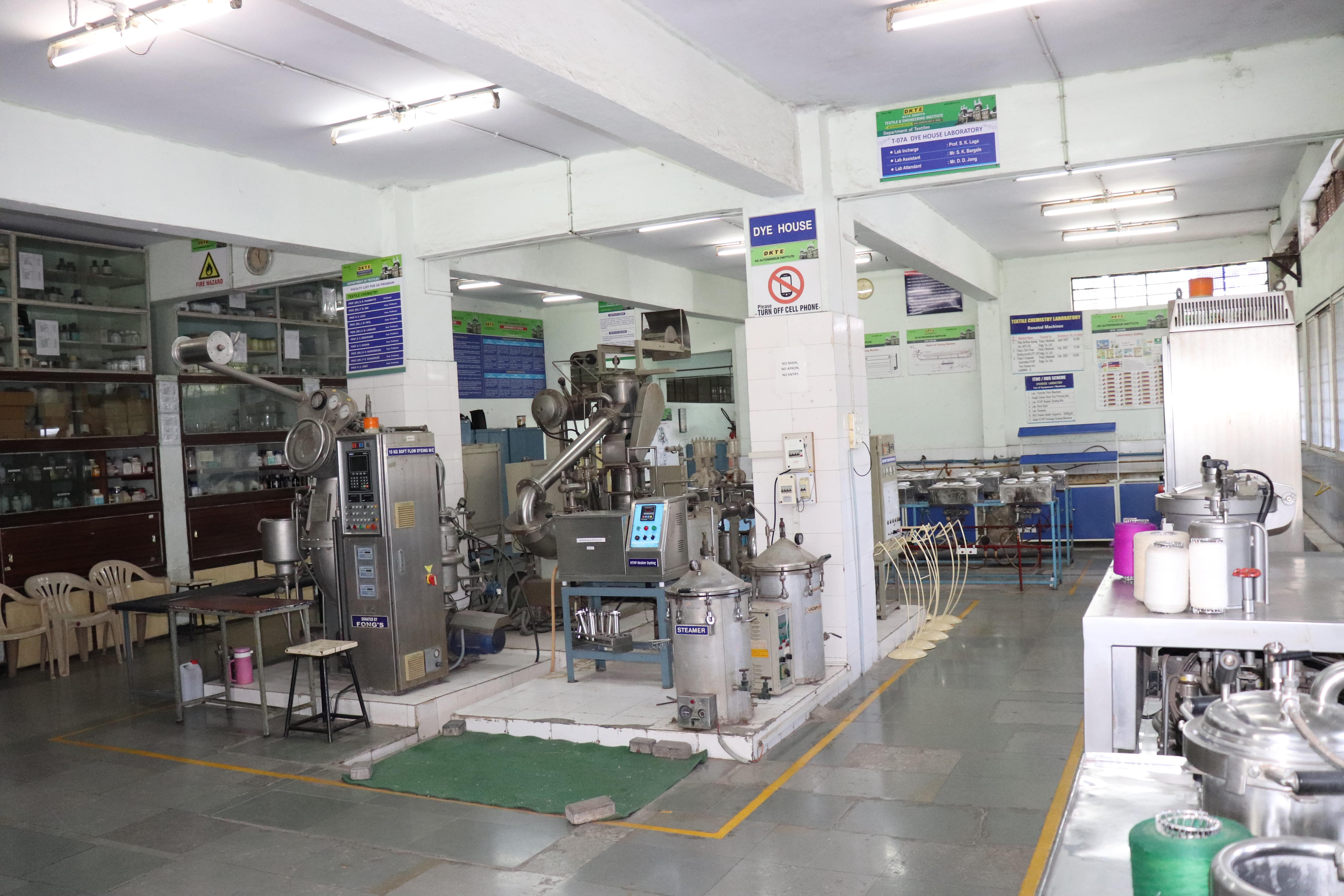
Facilities :






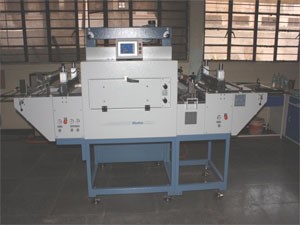



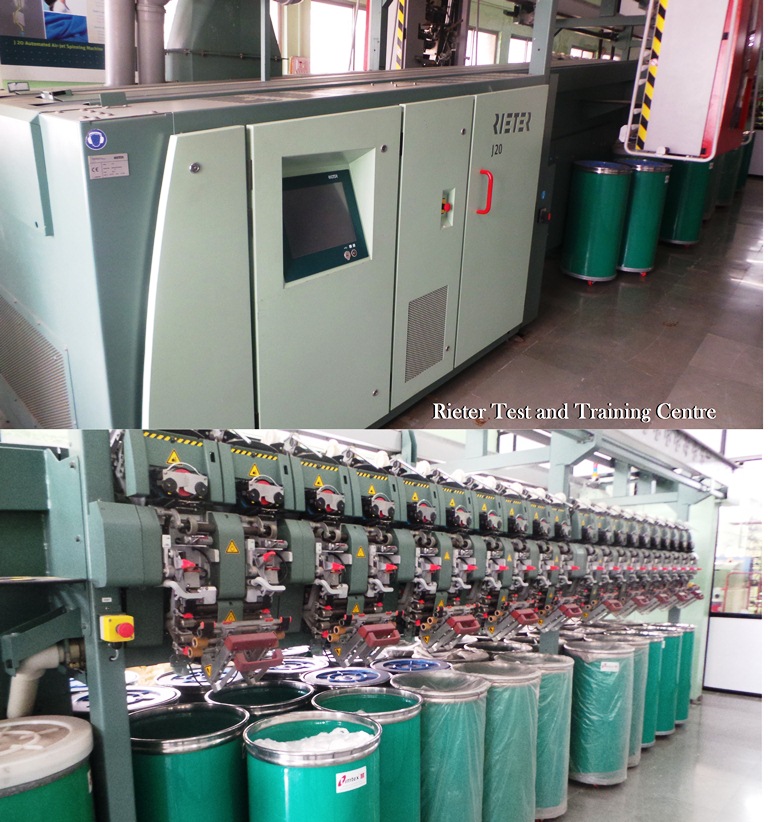
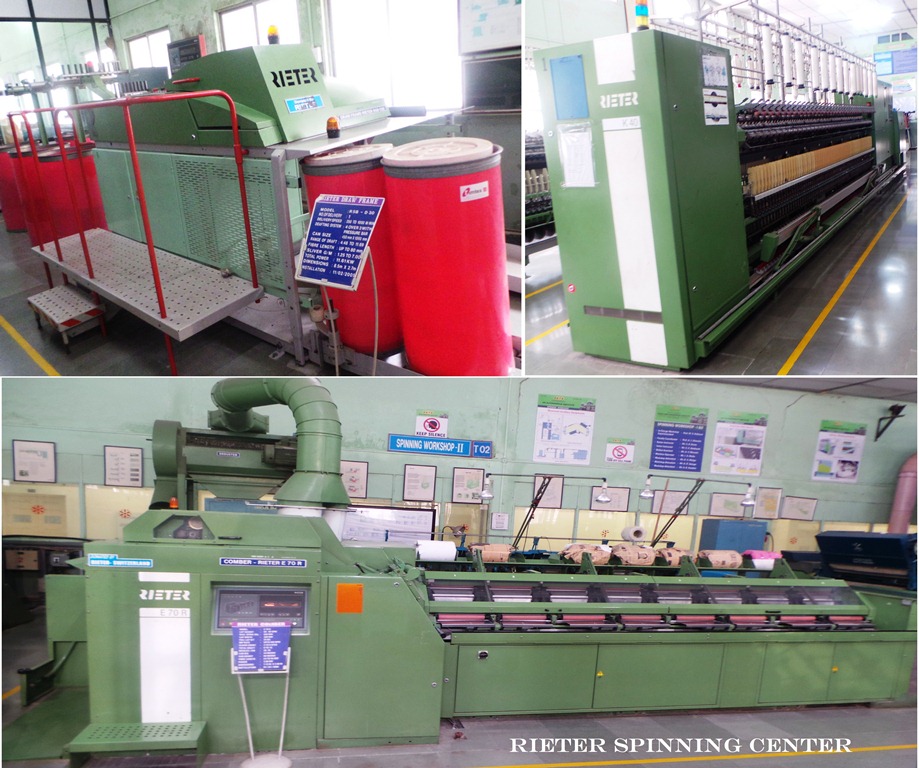


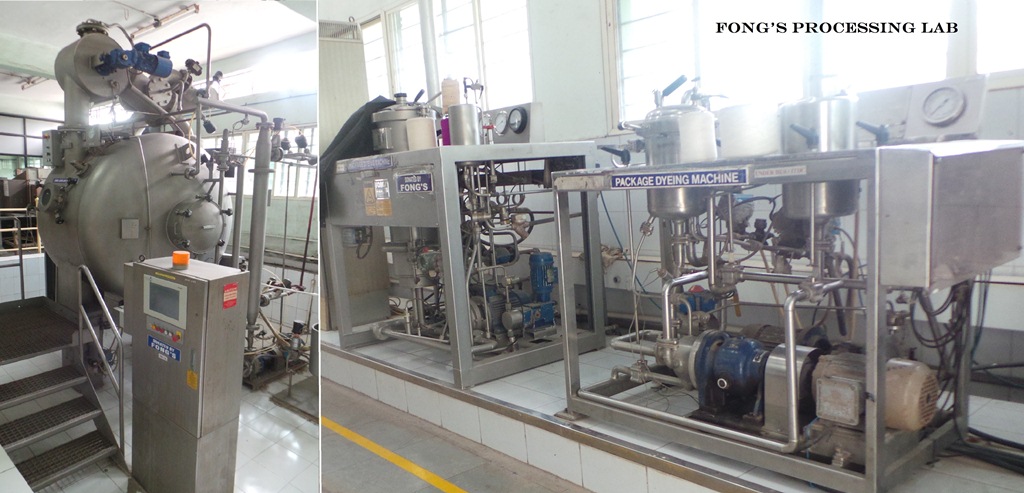
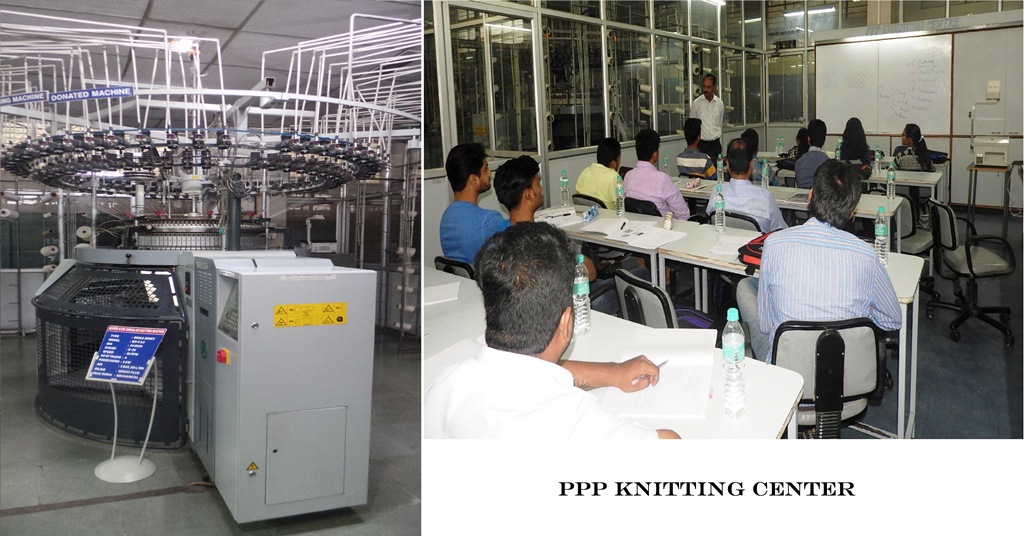




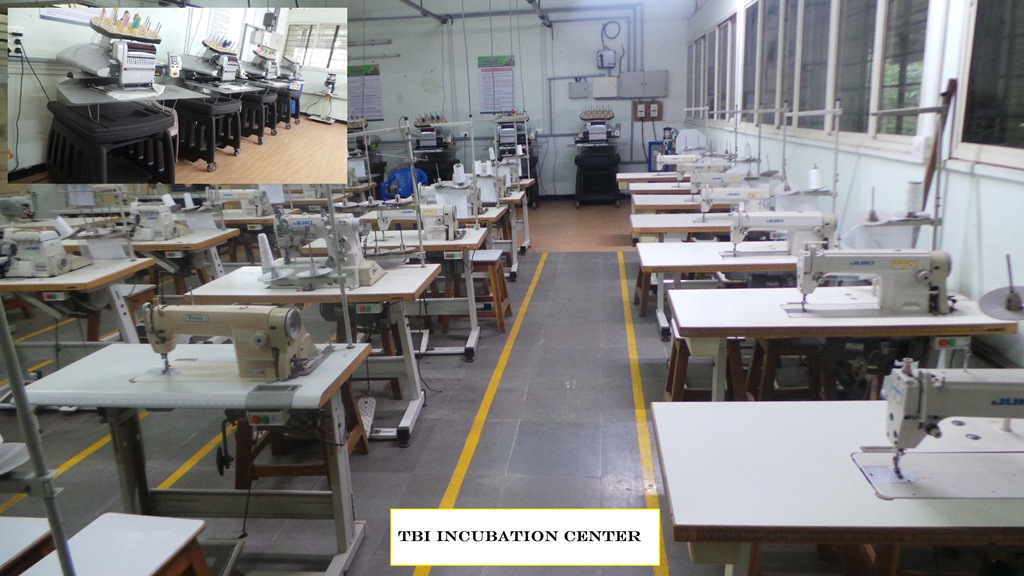
|
Sr.No. |
Name |
Designation |
|
1. |
Prof. Dr. U J Patil |
Chairman |
|
2. |
1.Prof. (Dr.) M Y Gudiyawar 2.Prof. (Dr.) S B Mhetre 3.Prof. (Dr.) Y.M. Indi 4.Prof. (Dr.) V. K. Dhange |
Member |
|
3. |
Dr. K. MurugueshBabu |
Academic Council Nominee |
|
4. |
Dr. A.R. Khare |
Member of University Nominee |
|
5. |
1.Dr. NileshRevagde, Reliance Ind. Ltd. 2.Dr. T. M. Kotresh, DRDO 3. Mr. Badarinarayan, Multigroup 4. Dr. Janakiraman, Eurotex |
Member |
|
6. |
1. Mr. Pankaj Sharma, Aquarelle India Pvt. Ltd., Bangalore 2. Mr. Sammed Patil, Wuhan University, China 3. Mr. Zunjar Kamble, IIT, Delhi |
Principal Nominees of Alumni Members |
|
7 |
1. Prof. (Dr.) V K Joshi- Retd. Prof. SGGS, Nanded 2. Dr. V. D. Gotmare, Retd. Prof. VJTI, Mumbai |
Member |
|
8 |
1) Mr. Gattani Bharatkumar Lalchand –Final Year B.Tech.(TT) 2) Mr. Kalika Niket Shankar– Final Year B.Tech. (MMTT) 3) Ms. Deshpande Parnika Prasanna - Final Year B.Tech.(TPE) 4) Ms. Gudulkar Pallavi Sunil – Final Year B.Tech. (TC) 5) Ms. Shah Sakshi Sahil – Final Year B. Tech (FT) |
Student from Current Academic Members |
The graduates of the program will have :
Page 19 of 19